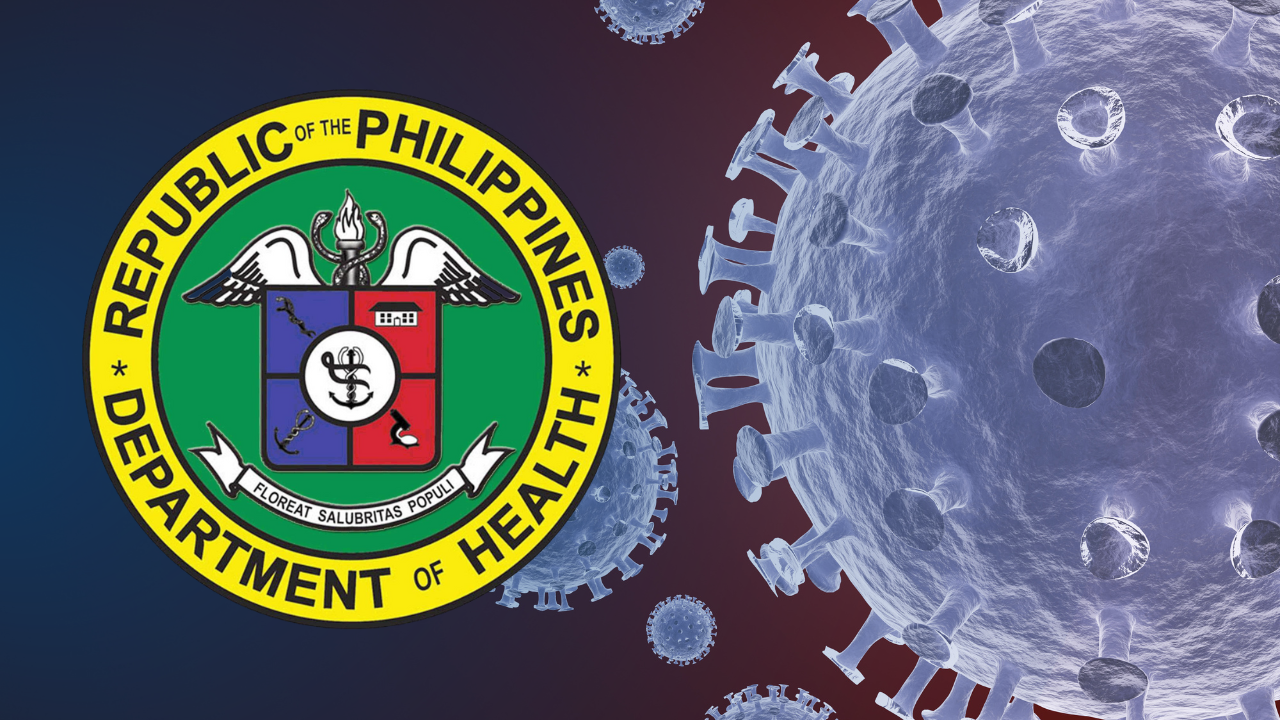
The risk of COVID-19 remains low in all regions of the country, according to the Department of Health (DOH), which reported Tuesday, May 21, 2024, a “small” increase in coronavirus infections nationwide. INQUIRER.net FILE PHOTO
MANILA, Philippines — The risk of COVID-19 remains low in all regions of the country, according to the Department of Health (DOH), which reported Tuesday a “small” increase in coronavirus infections nationwide.
The DOH said 877 cases of COVID-19 were recorded from May 7 to 13, or an average of 125 new infections per day during that week.
“While there is an observed increase recently, it is small and lower than previously observed increases,” it pointed out in a statement Tuesday.
Of the 877 new cases, seven were tagged as severe or critical, the DOH said, adding that five patients died in the past two weeks, or between April 30 and May 13.
“All Philippine regions remain [at] low risk for COVID-19. There is no scientific basis for travel restrictions to any country because of an increase in COVID-19 cases,” the DOH also said.
READ: Average falling as DOH logs 36 COVID-19 cases daily
As of May 12, only 11 percent or 119 of 1,117 ICU beds dedicated to coronavirus patients were occupied while 13 percent or 1,238 of 9,571 non-ICU beds for coronavirus cases were in use.
Of the hospitalized, 116 coronavirus patients were tagged as severe or critical, according to the DOH.
The health department then reminded doctors, hospitals, and other health facilities that immediately reporting cases of COVID-19 to the agency is required under the law,.
“This will help guide public health decision-making,” it stressed.
New COVID-19 variants under monitoring
Meanwhile, citing a May 17 update from the World Health Organization (WHO), the DOH said three new COVID-19 variants under monitoring (VUM) have been classified: JN.1.18, KP.2, and KP.3.
All three are noted to be descendants of the JN.1 variant, the DOH explained.
The WHO observed that “there are currently no reported laboratory or epidemiological reports indicating any association between VOIs/VUMs and increased disease severity.”
“The above means that there is no evidence now that the KP.2 and KP.3 variants are causing severe to critical COVID-19, both locally and internationally,” the DOH pointed out.
READ: COVID-19 lockdowns linked to ‘learning losses’
“There is no scientific basis for travel restrictions to any country because of an increase in COVID-19 cases. Further assessment is needed to determine transmissibility and capacity to evade immune response,” it added.
The public, however, is being urged by the DOH to continue practicing good respiratory hygiene, washing hands, avoiding crowded places, and ensuring good airflow and ventilation to prevent contracting the virus.
The DOH also encouraged people who feel sick to stay at home, or at least wear a mask should there be a need to go out.